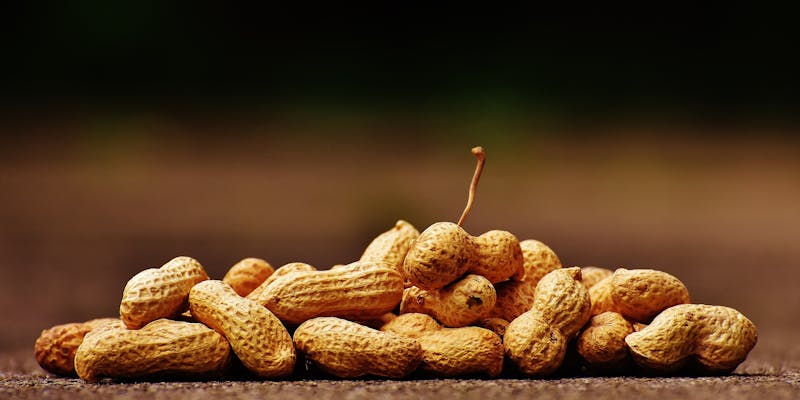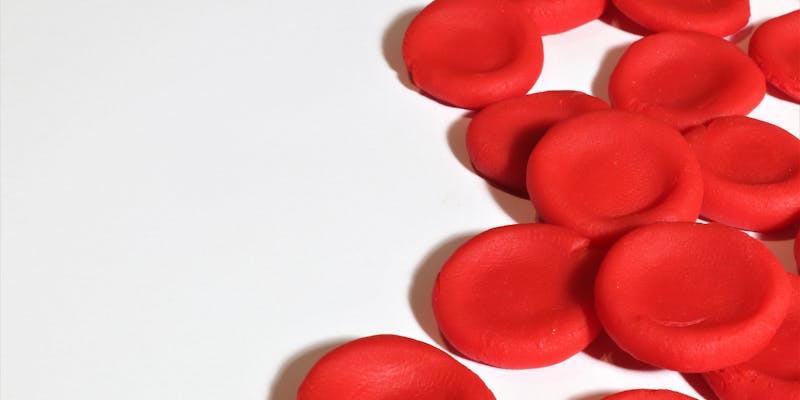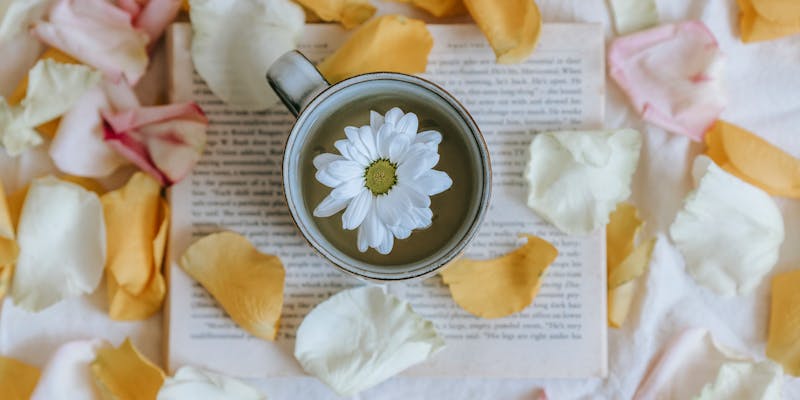The Advantages of Chrysanthemum Tea! Everything You Should Know
Mar 26, 2024 By Madison Evans
Chrysanthemum is considered an extremely refreshing drink obtained from the chrysanthemum flowers. A Song Dynasty drink, it has a rich history. Successful outcomes date back millennia. The medical herb chrysanthemum seeds Indicum is its historical name. However, it has several floral kinds.
Adding entire chrysanthemum seeds flowers to boiling water gives herbal tea a unique taste. This pleasant and healthful drink may include organic compounds, vitamins, minerals, amino acids, and nerve-calming ingredients. Many health benefits are linked to chrysanthemum tea. Despite having several species of chrysanthemum blooming plants, China only employs four for tea manufacturing. The tea might be brilliant or deep yellow depending on the flower number and steeping time. Alternative medicine advocates claim a long history of success.
History Of Chrysanthemum Tea
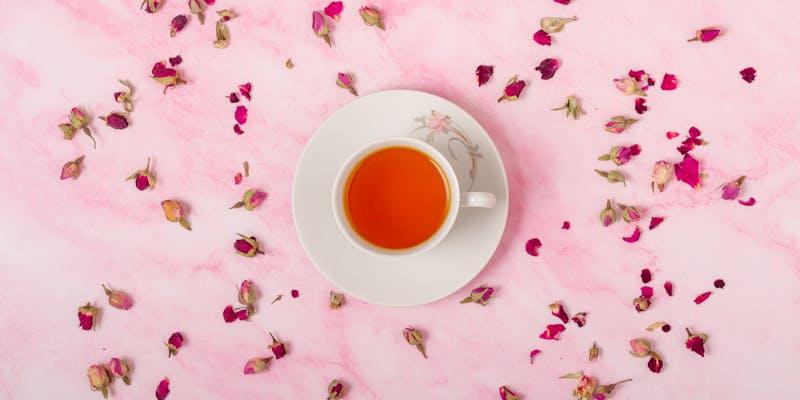
Most scholars believe that the chrysanthemum version of tea originated in ancient China and has been cherished for many years. The tea was concocted from dry panicles cooked and boiled because the water was therapeutic. Eastern Asian societies have appreciated chrysanthemum tea since ancient times as it gently relieves the nervous system, emits a pleasant smell, and tastes good.
Chrysanthemum tea was initially a beverage for the Mid-Autumn Festival to celebrate reaping the fruits of hard work and united efforts. The Tang Dynasty (618-907) was when poets and scholars enjoyed it for its relaxing efficacy and capacity to enhance creativity. Tea was then introduced in Asia, especially Korea and Japan, where it quickly peaked in popularity. Many countries are now practicing the technique of chrysanthemum flower tea. Other flowers and botanicals might also be added to the flower designs. The last one is freshly packed.
Preparing Chrysanthemum Tea
Preparing chrysanthemum tea is easy and quick. It is advisable to verify the presence of all essential nutrients on the nutrition facts label before making a purchase, including any ready-to-eat product. Carbohydrates added to teas sold in cans and bottles further exacerbate this issue.
You can always go for brewing chrysanthemum seeds tea at home. One approach involves heating 0.2 ounces of dried flowers in three glasses of water to a boil. After steeping for three to five minutes, tea may be consumed unsweetened or sweetened with sugar or honey.
Benefits Of Chrysanthemum Tea
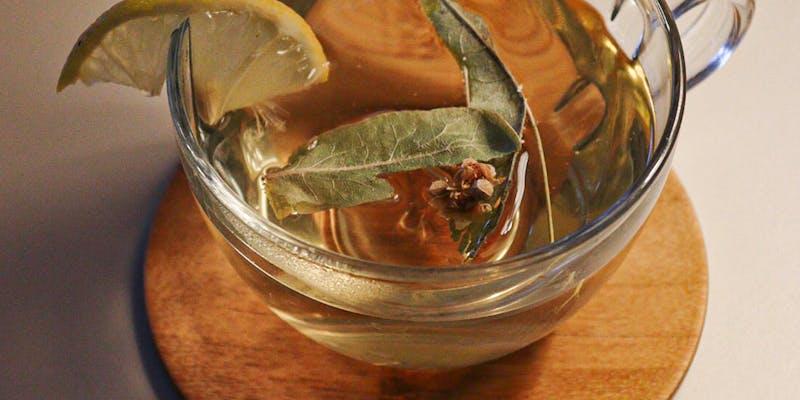
An analysis under the microscope is warranted to explore chrysanthemum leaves tea's numerous unanticipated health benefits.
Relaxes The Nerves
Consuming chrysanthemum leaves tea after work can relax an individual. In addition to its calming effects, this tea may also possess hypotensive and anti-inflammatory properties. Stress chemical elimination and enhanced management of bodily functions are two potential advantages of the mineral and antioxidant composition.
New research validates chrysanthemum tea's sedative effects. In 2018, research in China indicated that chrysanthemum tea users had considerably lower stress and blood pressure than the control group. Looking for a break? This amazing tea is artificial-free.
Aids Heart Health
Chrysanthemum tea may provide an additional cardiovascular benefit. In clinical trials, this treatment enhanced outcomes for patients with coronary artery disease and hypotension. The daily ingestion of chrysanthemum tea has decreased risk factors for cardiovascular disease, namely hypotension and cholesterol.
In a 2019 "Journal of Ethnopharmacology" study, chrysanthemum flower tea drinkers over 60 had considerably lower cholesterol. Thus, the tea may help prevent and treat heart disease naturally. Chrysanthemum tea has become a mainstay in Japanese and South Korean cuisine after being used for many purposes. These countries' global heart disease reduction implies it may be good.
Reduces PMS Symptoms
Studies have shown that chrysanthemum seeds tea's magnesium and vitamin B6 reduce PMS symptoms. Combined magnesium and vitamin B6 relieve premenstrual syndrome symptoms better than magnesium alone.
Studies suggest magnesium supplementation may aid premenstrual syndrome. Magnesium is a natural stress reliever that relaxes uterine smooth muscles. Other benefits include lower prostaglandins, which, like hormones, relieve pain.
Anti-inflammatory Powerhouse
Chrysanthemum tea's anti-inflammatory properties suggest several unexpected applications. Researchers from the Journal of Alternative and Complementary Medicine say this drink is rich in beta-carotene. Vitamin A protects cells from oxidative stress and repairs various organ cells, making this process crucial. Due to its high vitamin A content, chrysanthemum leaves tea may aid with inflammation, skin irritations, and chronic skin diseases, including psoriasis and dermatitis. This anti-inflammatory tea may prevent wrinkles and skin defects in addition to its skin benefits. Tea may enhance skin condition and brightness.
Boosts the Immune System
Chrysanthemum tea contains immune-boosting vitamins A and C. When free radicals rise, the immune system requires vitamin C, which activates white blood cells. Each is essential for immunological health. You can maintain good health by mentally infusing yourself with chrysanthemum seeds tea. Consider it a daily exercise boost. Natural immunity boosters are vital in light of today's health issues.
Aids Bone Health
Some studies have shown that older adults whose morning tea contains chrysanthemums have better bone density and overall health. In light of the rising incidence of diseases like osteoporosis, which causes bones to become brittle and increases the risk of fracture, this study shows that the chemical composition of chrysanthemum flower tea can preserve bone density. Consistently drinking this tea as a youngster will promote relaxation, improve health, and give you greater independence as you age.
Metabolism Boost
An underrated tea, chrysanthemum boosts metabolism. This tea contains several nutrients, including folic acid, niacin, choline, and riboflavin. Proper nutrition regulates hormones and development. Chrysanthemum tea keeps your body running smoothly, just like an oil change. An awareness of natural remedies, like chrysanthemum leaves tea, might be useful in a society where metabolism is associated with numerous lifestyle problems.
Improves Vision
Chrysanthemum flowers contain carotenoids that can protect your eyes from free radical damage. Carotenoids may reduce or stop macular degeneration and cataracts, according to research. Flavonoids in chrysanthemum flower tea may enhance eye blood flow.
Terpenoids in chrysanthemum tea are beneficial. According to a study, terpenoids reduce ocular inflammation and redness, relieving dry eye symptoms. Regularly drinking this tea will help your tired eyes and body. This tea may help computer professionals who stare at screens all day.


